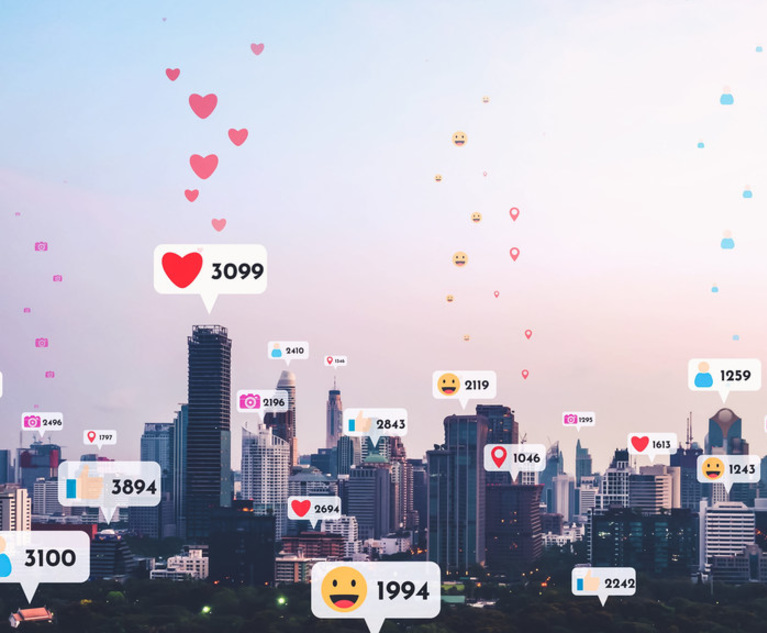The influencer economy has reached an estimated value of $104 billion, and is expected to grow to a market size in the trillions of dollars. This rapid rise of the social media “creator” ecosystem has spurred a subsequent increase in a completely new type of litigation and investigations. As companies invest more money in influencer advertising and partnerships, more disputes are certain to follow. In these matters, critical facts are often stored within social media accounts and messaging tools, which can create a host of challenges when it comes time to access, collect and review evidence.
A wide range of matters involving influencers have hit the judicial and regulatory circuits in recent years. The Fyre Festival scandal is probably the largest and most notable case, in which numerous celebrities participated in misleading social media posts to promote an event that was ultimately a massive disaster. Individual and class action lawsuits erupted against the event organizer and some of the celebrities involved. More broadly in the influencer ecosystem, cases have spanned contractual disputes between influencers and the organizations that hire them, regulatory investigations for FTC or SEC violations, false advertising claims, fraud and more. Under current law, any parties involved in influencer campaigns, including advertisers, their agencies and individual influencers can be liable for violations.


 Credit: Blue Planet Studio/Adobe Stock
Credit: Blue Planet Studio/Adobe Stock




